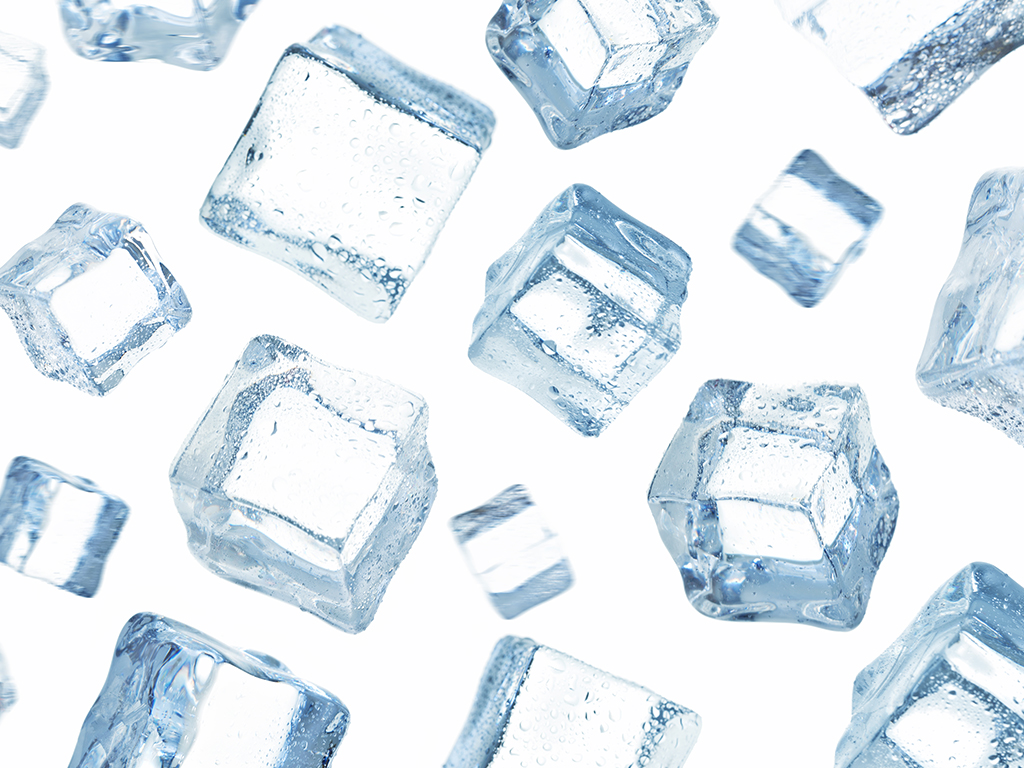Ice is great for many things. It helps heal injuries, it keeps drinks cool on hot summer days, and it’s even known to do wonders for your skin.

But chewing it? It turns out that snacking on ice cubes is really bad for your teeth.
“Unequivocally, I can say that chewing ice is not a good idea,” said Dr. David Stevenson, a dentist and president of the Ontario Dental Association. “The main reason is it’s just so hard.”
WATCH BELOW: Boy in Texas speaks clearly for first time after dentist discovered he was tongue-tied

Stevenson, who has worked as a dentist for 32 years, said that he often sees people who have broken off pieces of their teeth because of their penchant for ice. This can happen with fillings, crowns, veneers or natural teeth, he said.
READ MORE: Standing at a desk isn’t any better than sitting all day: experts

Get weekly health news
“I can have a patient who comes into the office and says, ‘I was chewing ice cubes and I broke my tooth,'” he told Global News.
“Sometimes, you can have another patient who comes in the office and says, ‘My tooth broke and I was just eating soft food.’ Then you ask further questions and if they have a habit of chewing ice, and frequently, the answer is yes.”
Chewing ice does harm long-term
While chewing ice puts you at risk for breaking a tooth on the spot, it can also creates small cracks in your teeth. These little cracks get worse over time, Stevenson explained, which can lead to more serious problems down the road.
READ MORE: Why you can be ‘blackout drunk’ and not even know it
Even if you think you’re in the clear, chewing ice can cause damage that you might not spot. Unlike a cavity that causes pain, ice-related cracks can go unnoticed in patients.
“Sometimes, you don’t know you’re doing the damage because the cracks are just little, subtle marks at first, and they’re just on the surface,” Stevenson said. “But over time, those cracks get bigger and bigger.”
What should you chew instead of ice?
Like with any habit, breaking away from ice chewing takes time and effort. But you shouldn’t wean yourself off ice, Stevenson said — you need to go cold turkey.
“If you’re trying to break the habit of chewing ice, I don’t recommend you put the ice cube in your mouth but not chew it,” Stevenson said. “Don’t even give yourself that temptation.”
Instead, Stevenson suggests replacing ice with something else that won’t do harm to your teeth. Hard candies are a no-no, but sugar-free gum is a good alternative.
“When you have that habit, get a little piece of sugarless chewing gum and chew that,” he said.
It might not give you that crunch, but if you’re craving something cool, a mint-flavoured gum is the next best — and safest — thing.
Laura.Hensley@globalnews.ca




Comments